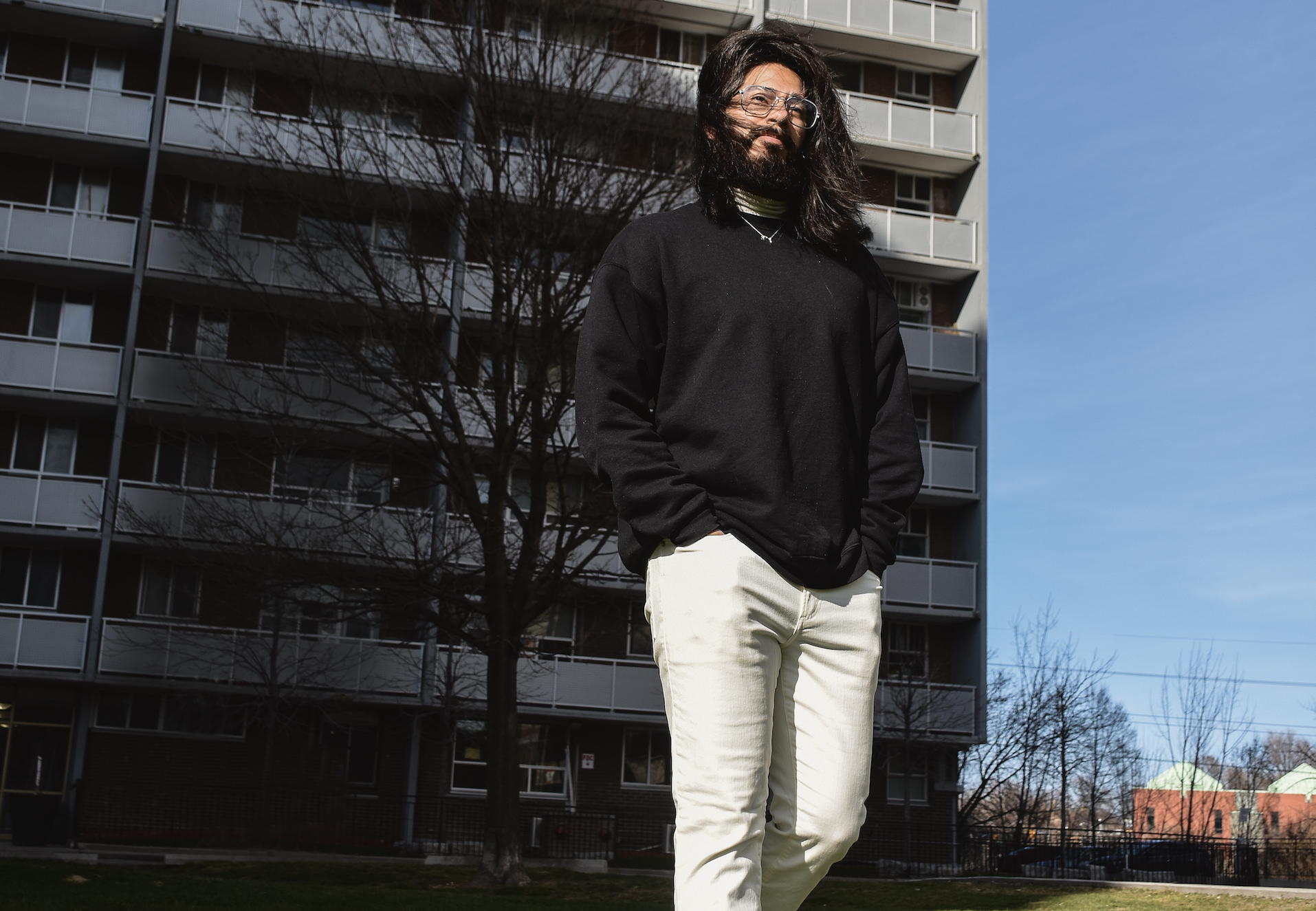Camilo Garay grew up in Toronto social housing, where he was often in trouble; leading to a criminal charge while still in school. Still, one teacher saw something in Garay that others didn’t. He respected his perspective and supported him when no one else did. That’s when Garay first learned the importance of good role models.
In 2008, Garay pursued biology at Ryerson University, the first in his family to go to university. He found a new community on his campus and spent less time with the gangs in his neighbourhood. In 2010, he was introduced to Visions of Science Network for Learning, a non-profit which gives opportunities to marginalized communities to help them pursue careers in STEM fields (science, technology, engineering and math). At the time, their focus was on people living in community housing. “That’s my community,” he thought when he joined. Now, as director of partnerships and collaborations, he strives to help youth from the same kinds of communities he grew up in find mentors of their own.
His experiences: Systemic racism is a big issue in our schools. Scholarships are awarded to people who don’t need the funds. Evaluations aren’t made to support people from marginalized communities. For example, they often look for high performance in academics, athletics, extra-curriculars and civic engagement. Who has access to those? It creates divisions when people competing for resources are also working two jobs and babysitting siblings.
More on Broadview:
- Indigenous researcher on where police funds should go instead
- United Church hires first anti-racism and equity officer
- This Montreal father is fed up with racial profiling by police
What success is: We’re not in the business of developing scientists. We use science as a vehicle for positive youth development so youth feel supported to do whatever they want. For example, some participants who first came to us in grade 5 are still connected with us now in grade 12. They’re interested in social work, so we connected them with a children’s mental health centre to learn more about the work. That’s what I care about deeply, helping youth feel comfortable pursuing success in any avenue.
Integrating in communities: We host community STEM clubs with workshops and field trips. We also find people from marginalized communities who are doing great things and invite them as speakers, donors and workshop hosts. Once we create a relationship, we never leave a community.
Why it matters: I don’t know what would have happened to me without the teacher who supported me. That unlikely mentor can be life changing. Something as small as one comment can give someone the strength they need to move forward. Personally, I strive to extend compassion, especially to people who don’t normally receive it, and to understand the experiences that brought them here. I think I’m in a unique position for that. People like me are not common in these spaces — it makes my voice all the more valuable.
***
This interview originally appeared in the December 2020 issue of Broadview with the title “Camilo Garay.”
Maria Iqbal is a freelance writer based in Toronto.
We hope you found this Broadview article engaging.
Our team is working hard to bring you more independent, award-winning journalism. But Broadview is a nonprofit and these are tough times for magazines. Please consider supporting our work. There are a number of ways to do so:
- Subscribe to our magazine and you’ll receive intelligent, timely stories and perspectives delivered to your home 10 times a year.
- Donate to our Friends Fund.
- Give the gift of Broadview to someone special in your life and make a difference!
Thank you for being such wonderful readers.
Jocelyn Bell
Editor/Publisher















